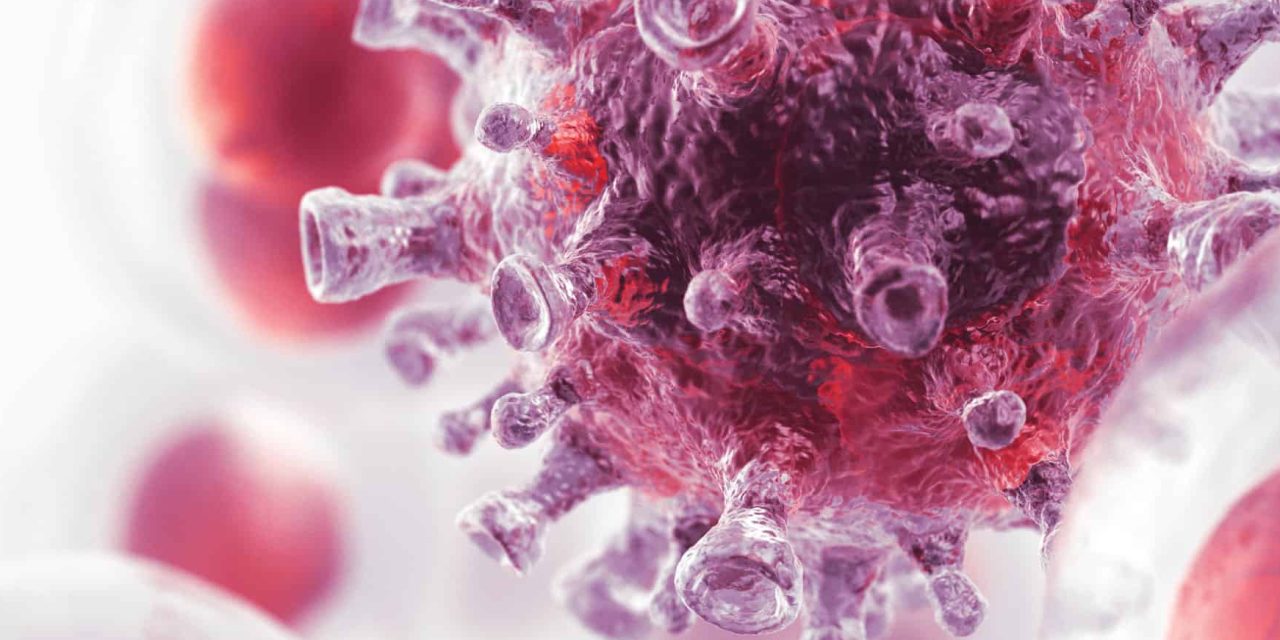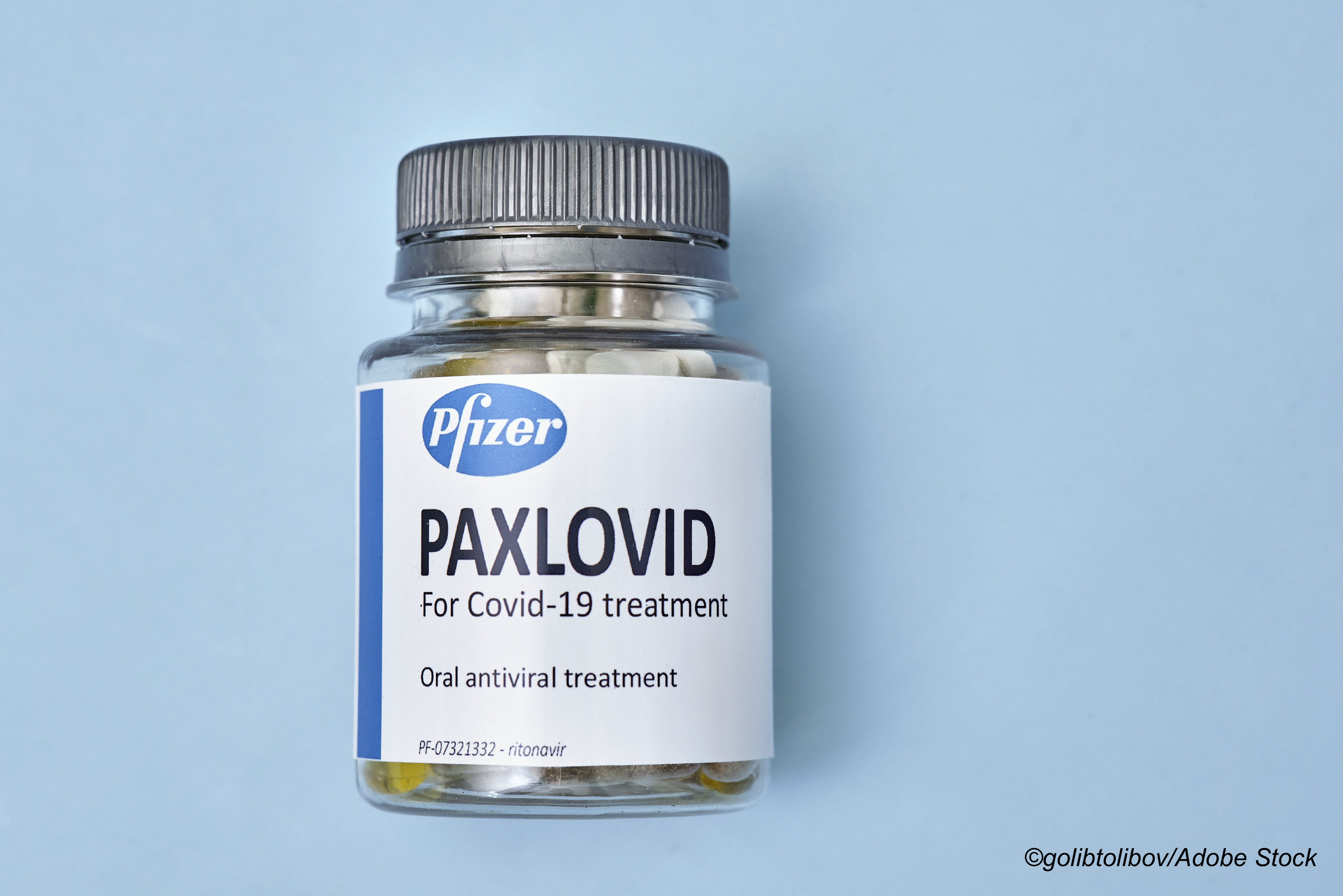The latest findings from the phase II/III study of Pfizer’s antiviral treatment for Covid-19, paxlovid, confirmed the pill’s efficacy for reducing Covid-related deaths and hospitalizations—possibly even among patients infected with the Omicron variant.
The final results from the 2,246-patient EPIC-HR trial showed that paxlovid, a combination treatment consisting of the novel drug nirmatrelvir and the established HIV/AIDS drug ritonavir, “significantly reduced the risk of hospitalization or death for any cause by 89% compared to placebo in non-hospitalized, high-risk adult patients with Covid-19 treated within three days of symptom onset,” the company announced in a press release. “In a secondary endpoint, paxlovid reduced the risk of hospitalization or death for any cause by 88% compared to placebo in patients treated within five days of symptom onset, an increase from the 85% observed in the interim analysis.”
The company also noted that treatment-emergent adverse events were similar between the two study arms—23% for paxlovid and 24% for placebo—and most events were mild. Patients treated with paxlovid were also less likely to experience a serious adverse event (1.6% versus 6.6%) or discontinue treatment due to adverse events (2.1% versus 4.2%).
In the same press release, Pfizer noted that nirmatrelvir, which is designed to inhibit viral replication prior to RNA replication, “has shown consistent in vitro antiviral activity against the previously identified variants of concerns (i.e., Alpha, Beta, Delta, Gamma, Lambda, and Mu).” What’s more, the company added, “nirmatrelvir potently inhibited the 3CL protease associated with Omicron in an in vitro biochemical assay. This indicates nirmatrelvir’s potential to maintain robust antiviral activity against Omicron. Additional in vitro antiviral studies with this variant are underway.”
The possibility that paxlovid could maintain efficacy against the Omicron variant is a major point in the drug’s favor, especially considering that early data suggests that currently authorized Covid-19 vaccines are not nearly as effective against the new variant compared to previous Covid strains.
The latest findings jibe with the interim study results that Pfizer announced in early November, which formed the basis of the company’s application for an emergency use authorization from the FDA. These new results will likely strengthen Pfizer’s case for the antiviral treatment; as of this writing, the FDA’s Antimicrobial Drugs Advisory Committee (AMDAC) does not yet have a meeting on the books to discuss authorization for paxlovid.
This good news for paxlovid comes as another antiviral for Covid, molnupiravir, still awaits authorization from the FDA.
Enthusiasm for Merck’s pill took a considerable dive at the end of November, when AMDAC narrowly voted to endorse an EUA for the drug. At the Nov. 30 meeting, updated trial data showed that molnupiravir proved around 30% effective for preventing Covid-19 related hospitalizations and death, a substantial change from the nearly 50% efficacy touted in interim results. That dip in efficacy, paired with concerns over the drug’s potential for fetal harm and increased viral mutation, soured the advisory committee’s take on the once promising drug.
If AMDAC eventually meets to discuss it, and if the drug manages to snag an authorization, paxlovid will be administered at a dose of 300 mg (two 150 mg tablets) of nirmatrelvir plus a 100 mg tablet of ritonavir, twice daily for five days.
John McKenna, Associate Editor, BreakingMED™
Cat ID: 190
Topic ID: 79,190,730,933,190,926,192,927,151,928,925,934



